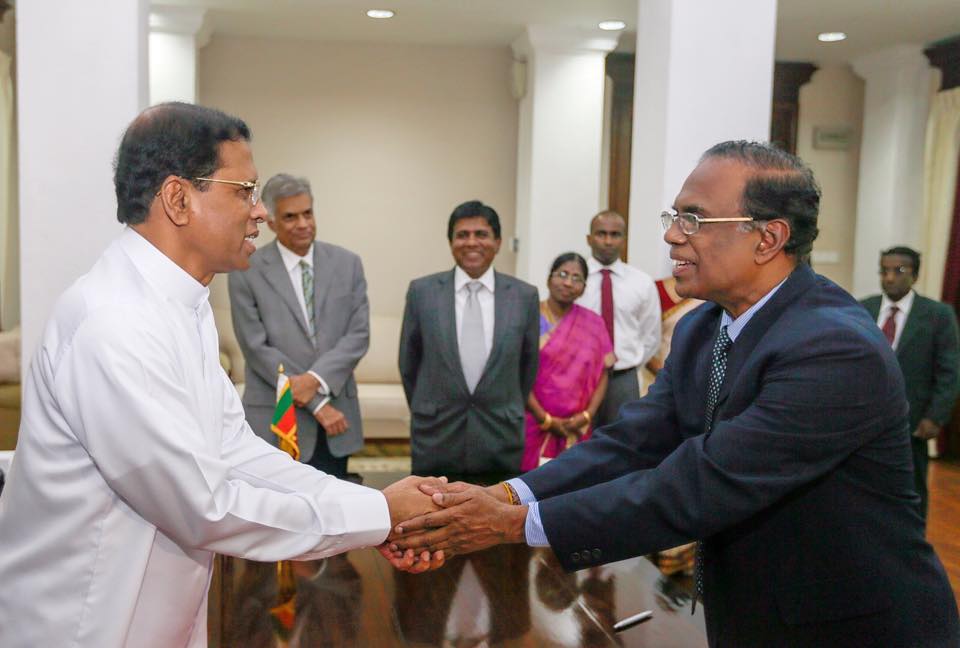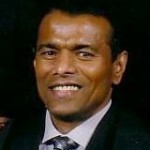Take Corrective Measures To Free The Judiciary From Clutches Of Executive

Constitutional reforms: Proposals for establishment of true representative Democracy
On paper Sri Lanka is a REPRESENTATIVE DEMOCRACY, and the preamble to the Constitution recognises the immutable principles of REPRESENTATIVE DEMOCRACY and assures the people FREEDOM, EQUALITY, JUSTICE, FUNDAMENTAL HUMAN RIGHTS and the INDEPENDENCE OF THE JUDICIARY.
Yet these objectives have never been realised in this island nation, which claims to be a democracy. There are very serious issues concerning the constitution making in this country and the ones discussed herein are highlighted to make the people aware of the serious abuses of their sovereign powers. These lapses are brought to the attention of the architects of the new constitution to realise the importance of making a constitution that makes all three organs of the government answerable to the people. This however cannot be achieved unless there is a genuine in the interest to break free judiciary from the clutches of the executive and legislative organs.
Article 3 of the Constitution recognises that Sri Lanka’s sovereignty is in the people and is absolute. This sovereign power includes legislative power, Executive power, judicial power, fundamental rights and franchise.
 The Constitution also recognises the principle of Separation of Power and it states that the judicial power of the people shall be exercised by the ‘Parliament through the Judiciary’. [Article 4(c)].
The Constitution also recognises the principle of Separation of Power and it states that the judicial power of the people shall be exercised by the ‘Parliament through the Judiciary’. [Article 4(c)].It goes on to say that appointment of Judges to the Superior Court system to be made by the President on the recommendations made by the Constitutional Council from the names referred to it by the President (Article 107). [Under President Rajapakse situation was far worse as he (under 18th amendment) retained all judicial appointments under his absolutely control, effectively destroying the integrity of the justice system and people’s confidence in it with a appointment of one of his stooge to the office of the Chief Justice].

